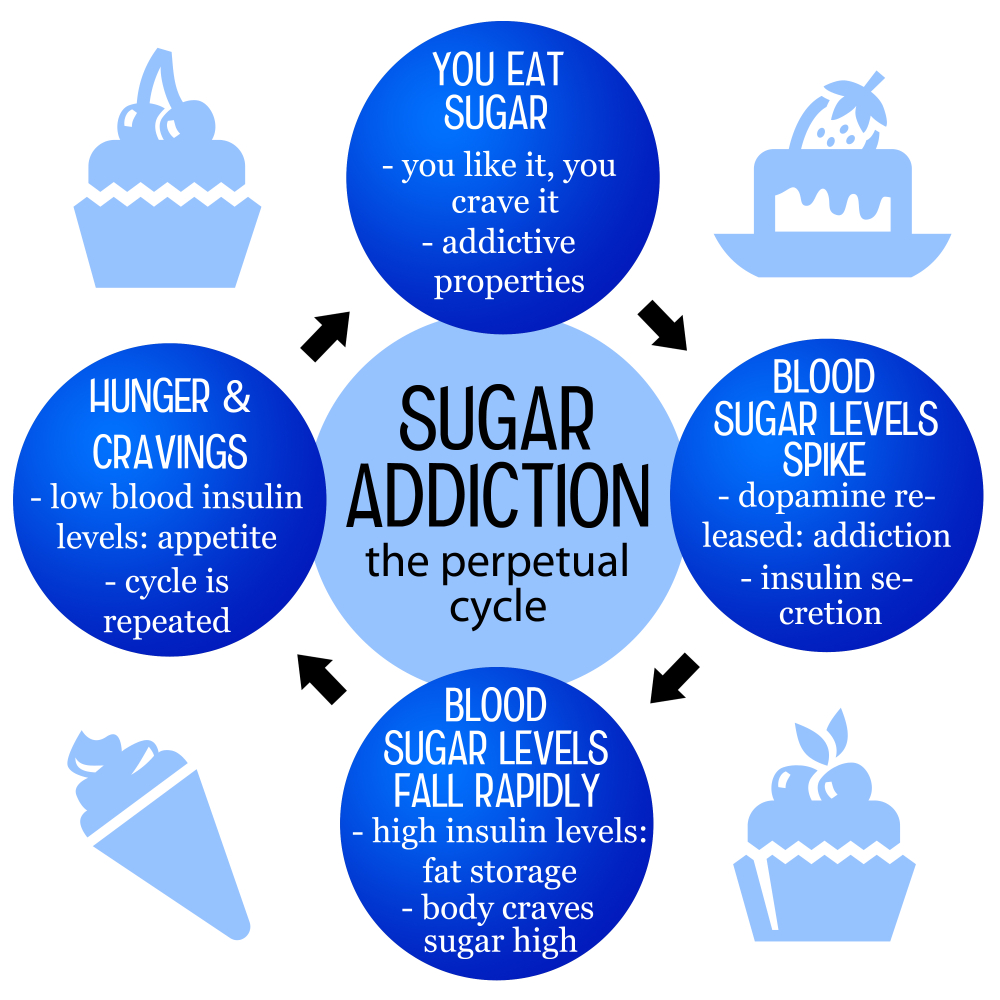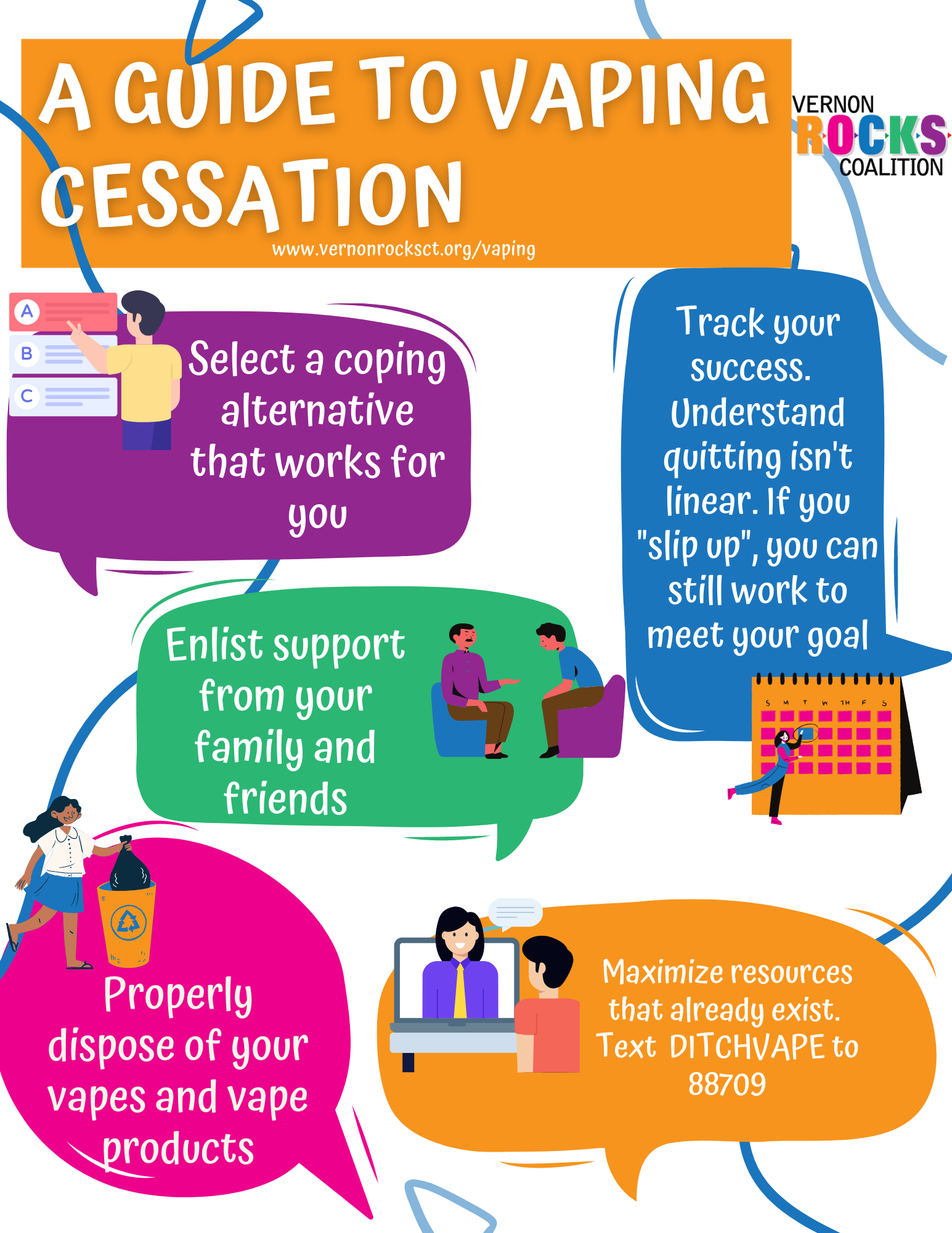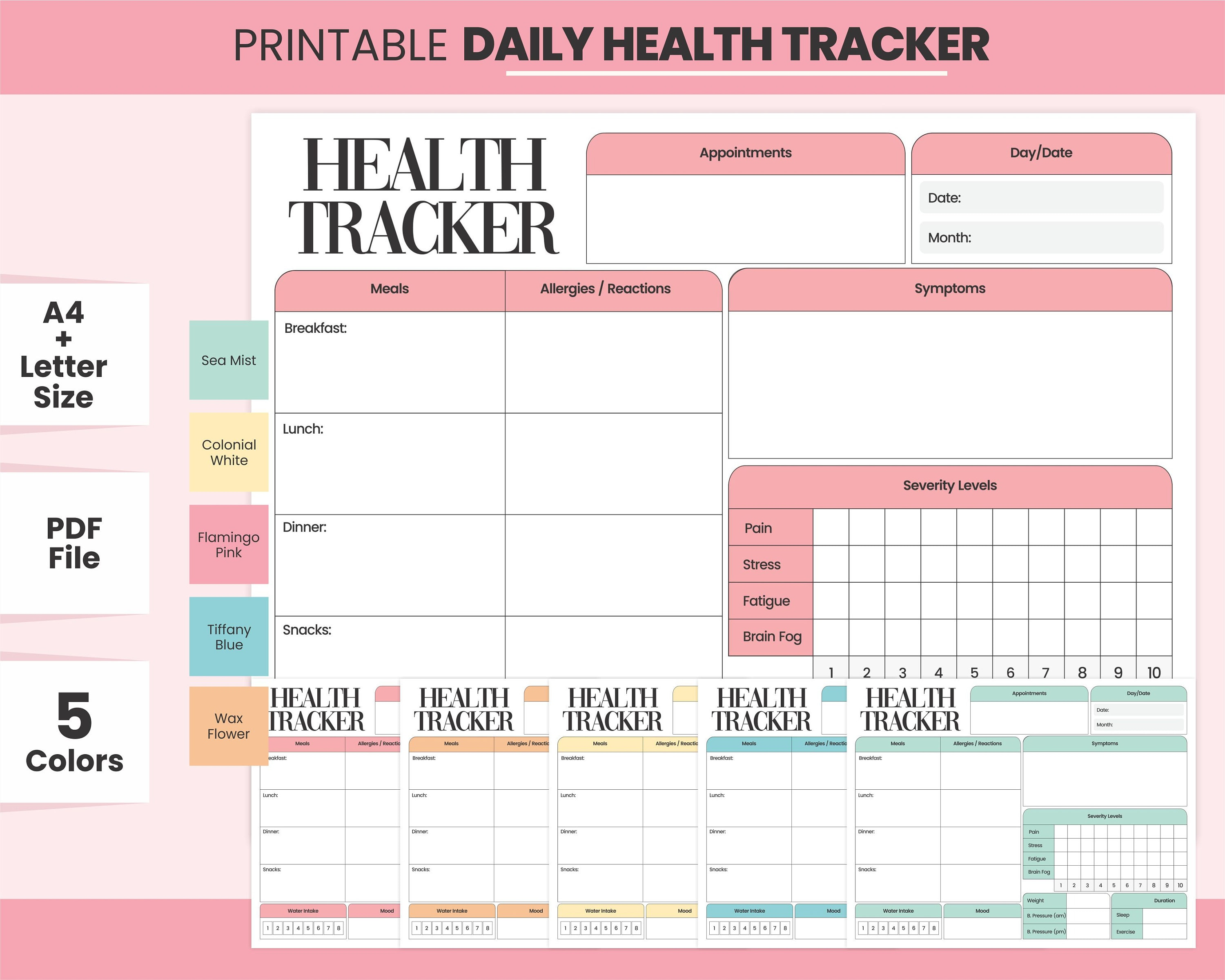
Is Sugar Addictive? Exploring Its Impact on Health
Is sugar addictive? This question often sparks lively debate among nutritionists and health experts alike. While sugar can stimulate the brain’s pleasure centers and lead to cravings reminiscent of addictive behaviors, it does not fit the strict clinical definition used for substances such as alcohol or nicotine. However, the effects of sugar can be profound, with increased consumption linked to potential health consequences such as obesity and metabolic disorders. Many people find themselves battling sugar addiction, struggling with persistent cravings for sugar-laden foods that dominate the highly processed food landscape. Understanding the nuances of sugar consumption and its psychological impacts can help individuals make informed decisions about their diets and overall health.
When discussing the compulsive nature of sweet foods, one may wonder if our innate cravings for carbohydrates and sugars resemble those experienced by substance users. The dependence on sugary treats, including those with added sugar, triggers responses in the brain that are similar to more formally recognized addictive substances. Although sugar is not classified as a drug, the overwhelming prevalence of sugary products in our society highlights the role of cravings in many people’s daily lives. With a greater awareness of the potential health risks associated with excessive sugar intake, efforts to minimize sugar addiction and its effects are becoming increasingly crucial for maintaining balanced health. Ultimately, a focus on healthier alternatives and moderated consumption can pave the way for better dietary choices.
Understanding Sugar Addiction
Sugar addiction is a widely debated topic among researchers and nutritionists. While substances like alcohol and nicotine are firmly classified as addictive based on clinical criteria, sugar presents a gray area. It can stimulate the brain’s reward system, inducing cravings and compulsive eating behaviors similar to addictive drugs. This leads to a pattern of habitual consumption where individuals find themselves reaching for sugary foods often, driven by the allure of indulgence and flavor. However, it’s crucial to note that sugar itself does not fall under the same strict definition of addiction, making it a unique substance in discussions about dietary habits.
The effects of sugar on the brain and body can mimic some characteristics of addiction, yet the potential health consequences of sugar consumption vary widely. Regular intake of added sugars, particularly from ultra-processed foods, can lead to adverse health outcomes such as obesity, type 2 diabetes, and heart disease. Researchers emphasize that these health consequences are often tied to the amount of sugar consumed. The average American consumes nearly 20 teaspoons of added sugar daily, which far exceeds the American Heart Association’s recommendations. This excessive intake can fuel cravings for sugar, contributing to a cycle that reinforces unhealthy eating patterns.
The Effects of Sugar on Health
The health consequences of sugar intake are significant and varied. Consuming high levels of added sugar can lead to immediate issues, such as energy spikes and crashes, increased hunger, and long-term health problems like diabetes and heart disease. The relationship between sugar and health is underpinned by emerging research that highlights how sugar-laden diets can lead to chronic inflammation and metabolic syndrome. With the increase in packaged snacks and sugary beverages, awareness about the hidden sugars in our food has never been more crucial. Label reading has become an essential skill for consumers as they navigate the maze of added sugars in groceries.
Moreover, the psychological effects of sugar consumption can’t be overlooked. Many people report experiencing intense cravings for sugar, which can lead to obsessive thinking about food and, in severe cases, disordered eating behaviors. Reducing sugar intake is not as simple as stopping cold turkey; gradual reduction is recommended to help mitigate the withdrawal-like symptoms that some individuals may experience, such as headaches and irritability. Structuring one’s diet to focus on whole foods—fruits, vegetables, grains, and lean proteins—while still allowing for moderate sugar consumption can promote better health without the pitfalls of sugar addiction.
Managing Sugar Cravings Effectively
Managing cravings for sugar can be challenging, especially in a society where sugary treats are ubiquitous. Understanding what triggers these cravings is the first step toward effectively managing them. Stress, lack of sleep, and a diet high in refined foods can all contribute to heightened cravings for sugar. To combat these urges, it’s essential to develop healthier eating habits that include balanced meals with sufficient protein and fiber to stabilize blood sugar levels. Incorporating snacks that satisfy the sweet tooth, such as fruit or yogurt with honey, can also help mitigate cravings without resorting to processed sugars.
Furthermore, practice mindfulness by tuning into your cravings and understanding your body’s signals. Are the cravings spurred by emotional triggers or genuine hunger? Mindful eating techniques can empower individuals to make better nutritional choices and foster a more balanced relationship with food. For those looking to decrease their sugar intake, educational resources and community support can provide additional motivation and strategies for resisting temptations while encouraging a gradual shift towards more nutrient-dense foods.
The Role of Processed Foods in Sugar Addiction
Processed foods play a significant role in the discussion of sugar addiction. Many of these foods are engineered to enhance taste and palatability, often featuring high levels of added sugar along with unhealthy fats and sodium. This combination can create a cycle of cravings that makes it challenging for individuals to break free from unhealthy eating habits. Studies have shown that ultra-processed foods can lead to overeating due to their addictive nature, further complicating the ability to manage weight and dietary health.
In light of these factors, being mindful of food choices is essential. Transitioning to whole, unprocessed foods can help curb the cravings associated with sugar-laden diets. Grocery shopping with a focus on fresh produce and whole grains can serve as an effective way to decrease dependency on processed foods high in added sugars. Over time, this shift not only aids in reducing sugar cravings but dramatically improves overall health and wellness.
Sugar: A Necessary Component or a Health Risk?
The debate on whether sugar is a necessary dietary component or a health risk continues to spark discussions among health professionals. It’s recognized that sugar, in moderation, can enhance meals by adding flavor and enjoyment. For instance, the natural sugars found in fruits and whole grains serve a vital role in a balanced diet, providing energy and essential nutrients. However, the line blurs when discussing added sugars, found in sodas, desserts, and many processed foods, which contribute little nutritional value and pose significant health risks when consumed excessively.
Striking a balance is crucial for a healthy lifestyle. Nutrition experts recommend limiting added sugar intake to avoid health issues while still allowing for occasional indulgence. The American Heart Association suggests keeping added sugars to a minimum, thereby promoting a diet that fulfills both nutritional needs and pleasure. Ultimately, fostering a healthy relationship with sugar involves mindful consumption and making informed dietary choices.
Distinguishing Between Natural and Added Sugars
Understanding the difference between natural and added sugars is vital for making informed dietary choices. Natural sugars, found in fruits, vegetables, and dairy, are accompanied by important nutrients, antioxidants, and dietary fiber that can benefit health. These sugars are metabolized differently than added sugars, which are often found in processed foods and beverages, devoid of essential nutrients but abundant in calories. The danger lies in the overconsumption of added sugars, which can lead to numerous health problems, such as weight gain and increased risk of chronic diseases.
Educating oneself about food labels can empower consumers to differentiate between these sugar types effectively. When shopping, focus on ingredient lists and nutritional content to identify sources of added sugars. Whole foods are typically the best choice, while limiting products with added sugars can significantly improve dietary quality. Shifting towards a diet rich in natural sources can help regulate sugar intake while providing necessary nutrition.
The Psychological Aspect of Sugar Consumption
The psychological aspects of sugar consumption are closely linked to cravings and emotional eating. Many individuals may turn to sugary foods during times of stress or sadness, which highlights the emotional relationship some people have with sugar. This connection can create a cycle where the satisfaction from consuming sugar reinforces the desire for more, leading to an unhealthy dependency. It’s essential to recognize these patterns and understand how emotions can influence dietary choices.
To counteract emotional eating, adopting healthier coping mechanisms is key. Engaging in regular physical activity, practicing stress management techniques such as meditation, and seeking social support can help reduce the urge to reach for sugary comforts. Individuals should aim to foster an emotional resilience that does not rely on food, thereby reducing the likelihood of turning to sugar in times of emotional distress.
Rethinking Sugar in a Healthy Diet
Rethinking the role of sugar in a healthy diet is essential for achieving overall wellness. Promoting a balanced approach where sugars are consumed mindfully allows individuals to enjoy sweetness without sacrificing health. By embracing whole foods and being conscious of portion sizes, it’s possible to accommodate sugar in a healthy diet, maintaining both taste and nutrition. This approach not only promotes better energy levels but also supports long-term health.
Incorporating strategies such as meal prepping, experimenting with natural sweeteners, and focusing on the quality of food can help manage sugar intake effectively. By taking a proactive stance on dietary choices, individuals can create a fulfilling diet that satisfies their palate without succumbing to the pitfalls associated with excessive sugar consumption. The key is to enjoy sugar as a part of a broader, balanced diet rather than as a focal point.
Future Directions in Sugar Research
As research on sugar continues to evolve, understanding its implications on health and behavior remains a priority in the nutritional sciences field. New studies are delving into the physiological mechanisms through which sugar impacts cravings, addiction-like behaviors, and overall health outcomes. This ongoing research will be crucial in shaping future dietary guidelines and public health initiatives aimed at reducing excessive sugar consumption.
Additionally, future inquiries may explore how cultural perceptions of sugar affect consumption patterns globally. By examining these distinctions, researchers can better inform public health strategies tailored to various populations, ensuring that efforts to combat sugar addiction and its health consequences are effective and comprehensive. Ultimately, remaining informed of these developments will empower individuals to make wiser dietary choices.
Frequently Asked Questions
Is sugar addictive like alcohol or nicotine?
While sugar can lead to cravings and compulsive eating behaviors, it is not classified as an addictive substance like alcohol or nicotine. The physiological and psychological effects of sugar consumption can mimic some withdrawal symptoms seen in addictive substances, but the degree and severity are significantly less.
What are the effects of sugar on cravings?
The effects of sugar on cravings are substantial. The consumption of added sugar, particularly from ultra-processed foods, can heighten cravings due to their palatable nature. This habitual consumption increases the likelihood of experiencing withdrawal-like symptoms when sugar intake is reduced.
How much added sugar should I consume to avoid addiction?
To avoid potential health consequences and cravings for sugar, the American Heart Association recommends limiting added sugar intake to no more than 6 teaspoons for women and 9 teaspoons for men per day. Reducing sugar gradually can help manage cravings without severe withdrawal symptoms.
What are the health consequences of sugar addiction?
Health consequences of consuming excessive added sugar include increased risks of obesity, diabetes, and heart disease. Additionally, the psychological effects may include heightened cravings and compulsive eating behaviors, which can mimic symptoms seen with true substance addiction.
Can I manage my sugar cravings effectively?
Yes, managing sugar cravings is possible through gradual reduction of added sugar consumption, being mindful of food labels, and considering healthier alternatives. Instead of going cold turkey, decreasing sugar intake slowly can help mitigate cravings without triggering withdrawal symptoms.
Are all sugars addictive or just added sugar?
Not all sugars are addictive; the focus is primarily on added sugars found in processed foods and beverages. Natural sugars present in fruits, vegetables, and dairy are essential for our energy needs and should not be viewed similarly to added sugars that contribute to health issues.
How does added sugar contribute to compulsive eating behaviors?
Added sugar can enhance the palatability of foods, making them more desirable and easier to consume in large quantities. This increased pleasure can lead to habitual consumption and, over time, may manifest as compulsive eating behaviors driven by cravings for sugar.
Is it possible to eliminate sugar from my diet entirely?
While it’s challenging to completely eliminate sugar, particularly since it occurs naturally in many wholesome foods, managing the intake of added sugars is essential. Being aware of food sources and choosing whole foods can help maintain a balanced diet without excessive added sugar.
| Key Points |
|---|
| Sugar is not classified as an addictive substance like alcohol or nicotine, despite having some addictive qualities related to cravings and compulsive behaviors. |
| Consumption of ultra-processed foods which are high in added sugar can lead to increased cravings and withdrawal-like symptoms when cut abruptly. |
| The average American consumes about 20 teaspoons of added sugar daily, exceeding recommended limits of 6-9 teaspoons by the American Heart Association. |
| It’s important to moderate sugar intake, as sugar is naturally present in fruits and other essential foods. |
| Gradually reducing sugar intake is advised over complete elimination to avoid adverse effects. |
Summary
Is sugar addictive? This is a contentious question among nutrition experts. While sugar does share some characteristics with addictive substances, it is not officially classified as one. It’s crucial to recognize the difference between harmful addictive substances like alcohol and nicotine and sugar, which plays a role in our nutrition and is found in essential foods. Moderating sugar intake and being mindful of its presence in processed foods is key to maintaining a balanced diet without the severe withdrawal symptoms associated with true addictions.


